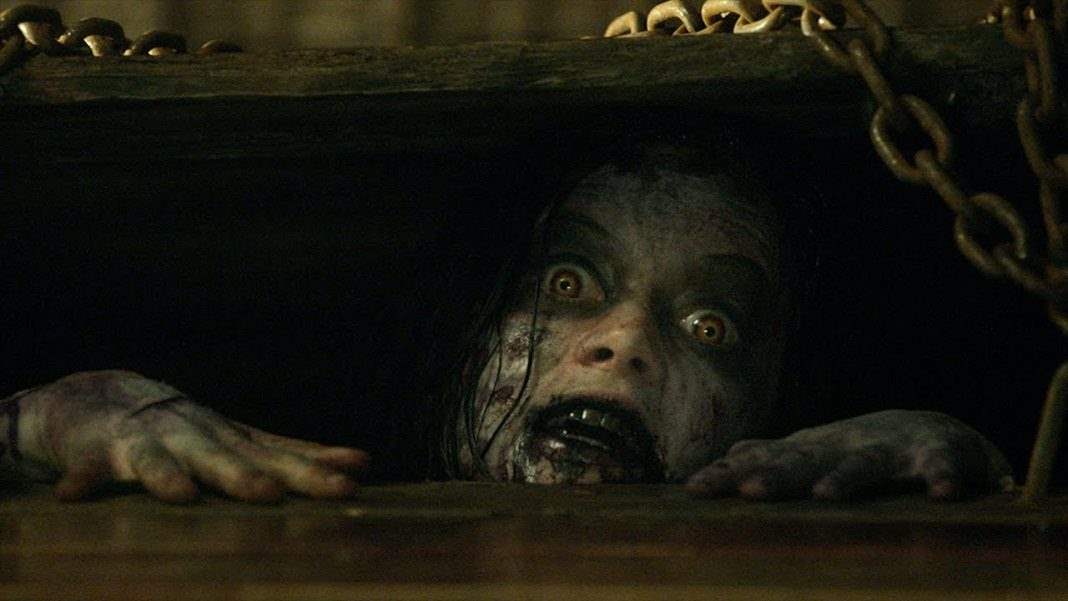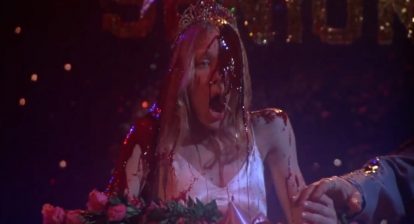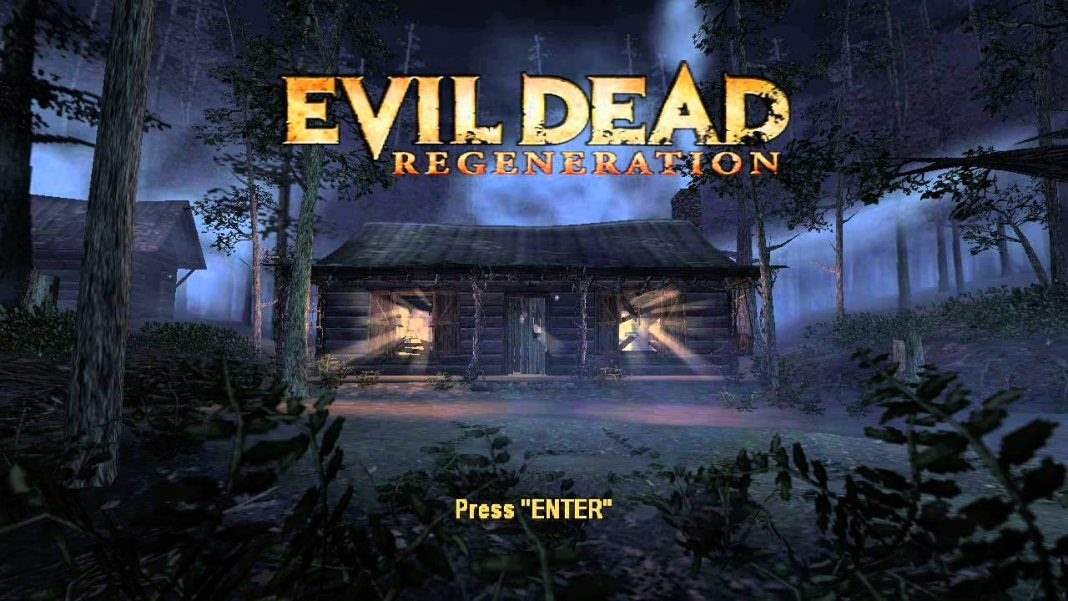For a variety of different reasons, a lot of great scenes wind up on the cutting room floor when a film makes its way to the screen. Some scenes in the initial script are taken out for the purposes of time and budget. In adaptations of books, whole sections are usually left out for length. Or they may not fit the overall vision of the adaptation. Most commonly, you have scenes that were shot and made it all the way through at least one cut before getting sliced out. Hours and hours of footage are shot for a single feature that make the editing room a tough experience. There’s a lot of good material that always has to go. Of course, most scenes that are left out of films are left out for very good reasons but these particular scenes would have actually improved the work had they stayed in.
The Alternate Ending to Evil Dead (2013)
For all of its strengths, the remake of Evil Dead raises more questions than it answers in its ending. Things wrap up a little too cleanly and neatly, especially considering the movie’s amount of gore. In the climax, Mia’s possession is cured and she finds herself back in her own body free of consequence as she does battle with the demon itself. After an impressive showdown and the appropriate loss of her hand, Mia walks away and the book closes in an unnecessary last minute jump scare. The alternate ending, which has popped up online recently after being shown in the UK, is much more effective. Mia is picked up wandering the street, taken in by a trucker who begins to drive her to the hospital. After she begins to drift off to sleep, her eyes open again ominously, suggesting that the demon may still be somewhere within her and leaving the feature open-ended. On both a story and technical level, this would have been a better place to end.
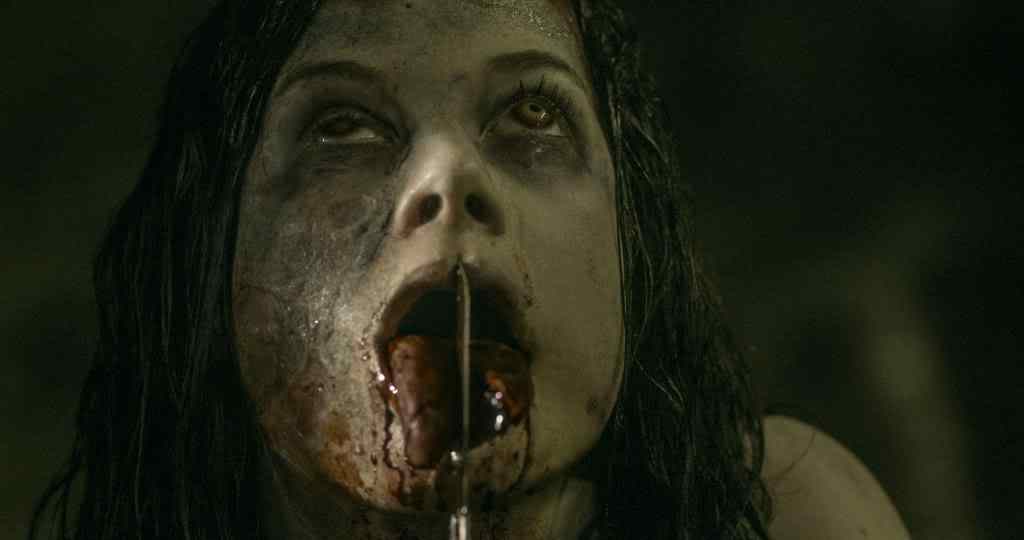 The Original Ending of Friday the 13th Part III
The Original Ending of Friday the 13th Part III
None of the first three Friday the 13th movies have clear-cut endings, but Part III might be the worst offender. While protagonist Chris has a shared history with Jason in that he attacked her at the lake during her last visit, she doesn’t actually know who he is. She never refers to him by name. This makes the fact that Jason’s mother, original killer Mrs. Voorhees, pops up out of the water and drags Chris back under incredibly strange. It’s a dream, but Chris has no way of knowing who that rotting corpse actually is. The next time we see her, she’s completely, hysterically insane and being loaded into the back of a police car. The original ending was much more mean-spirited and downbeat which makes it all the more appealing. Returning to the cabin after thinking she’s home free, Chris is met by a maskless Jason who raises his machete down and decapitates her. While stills from this ending have made their way online, the footage itself has never resurfaced and was apparently destroyed.
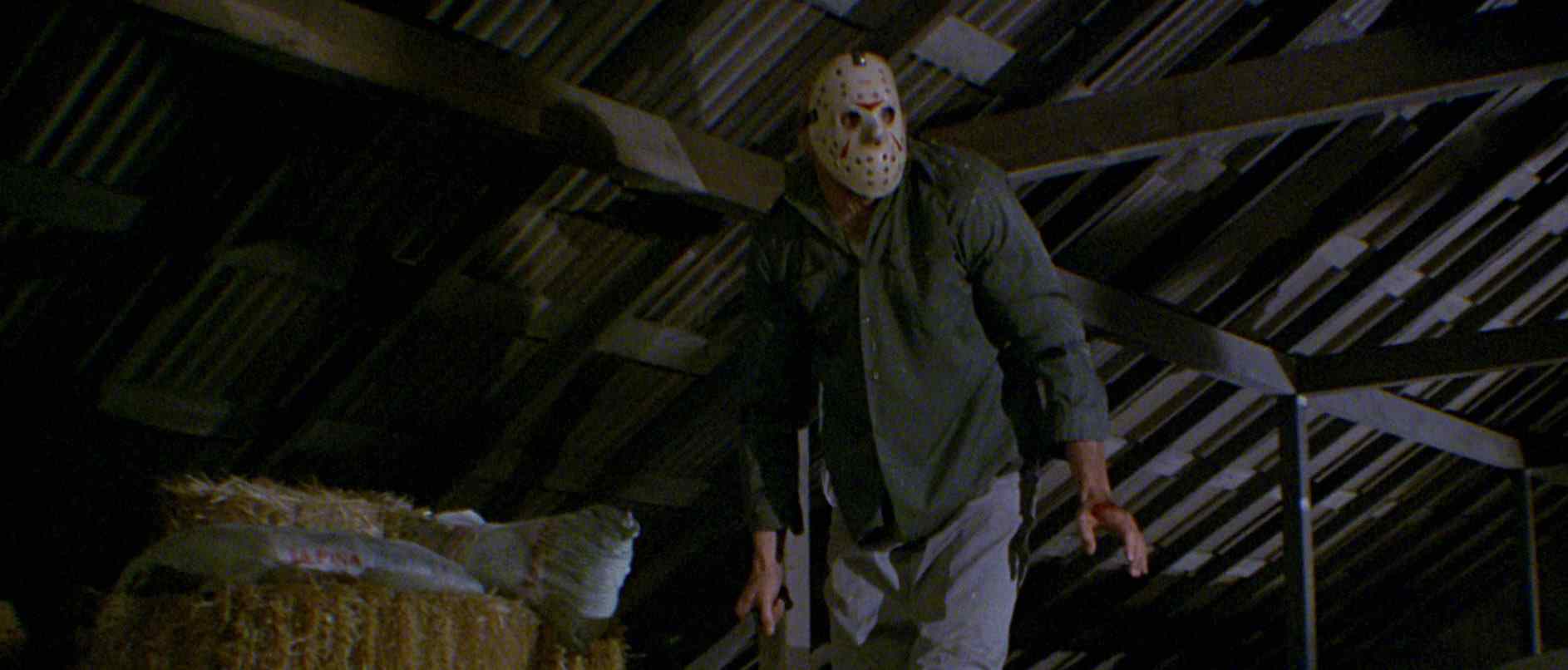 The Bus Scene in Child’s Play 3
The Bus Scene in Child’s Play 3
There was a lot of strong material cut out of Child’s Play 3 that appears in the TV edit, but not in the theatrical version or any of the home video releases. The most compelling of these scenes appeared early on, with teenage Andy Barclay meeting young Tyler on the bus as it approaches the school. Tyler is Chucky’s new target in the feature which makes Andy more of a protective figure, much like his mother was to him in the original. This scene sets up the friendship and bond between the two boys and better helps the audience understand why Andy is trying so hard to save the kid, other than simply wanting to stop Chucky at all costs. It is also is important for the knife that comes into play later on. In the finished theatrical film, Andy Barclay gives the knife to Tyler to protect himself. At the end, Tyler gives it back to Andy so that he can cut Chucky’s hand off. The deleted scene reveals that the knife belonged to Tyler in the first place and was simply a gift to a new friend, which adds a layer to their relationship and helps set up the third act.
The ending of Brian De Palma’s Carrie is iconic. It’s one of the first jump-scare endings of all time. It works perfectly up until the last few moments, when we have to be reassured that Carrie reaching up out of her grave was actually a dream. The last birds-eye-view-shot might be important in showcasing where Sue has ended up as a character, but lacks the punch to send us on our way as an audience. The original ending of the book, which they toyed around with as an idea for the film, feels like a scene from a movie more than any other moment in the novel. It ends after the chaos, after the funerals, giving us that moment of relief. Then it takes us to a young girl on the other side of the country, looking at an object and just slightly making it move, starting the horror all over again. This scene has been left out of all three adaptations, despite making a perfect stinger.
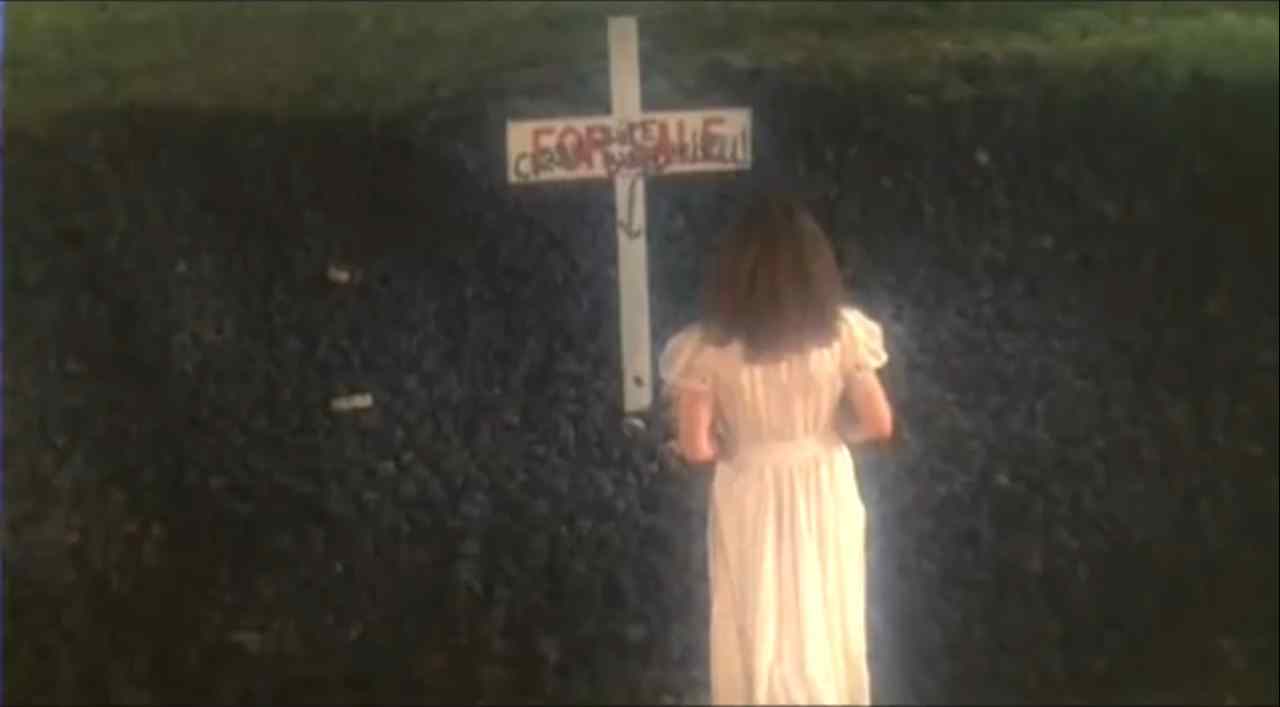 Abby’s Transformation in Let Me In
Abby’s Transformation in Let Me In
Both the European Let the Right One In and its American counterpart Let Me In, don’t reveal too much about their lead vampire, Eli. In the Swedish version makes sense, given that production’s understated and subtle nature. But in the American film we are left wanting more and in this scene deleted from the final product, we get just enough. As Abby begins to explain what she is, Owen sees visions of her initial transformation into a vampire. We’re still left with many questions as to what turned her and when, but the emotional experience of it comes through and helps Owen understand exactly what it’s like to be her. It’s a short but important scene that should have stayed.
